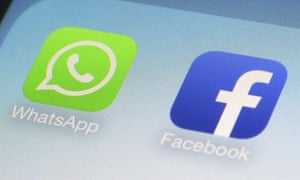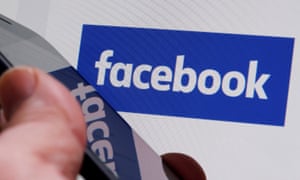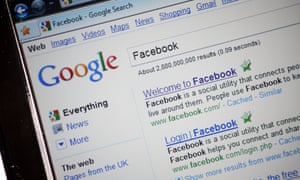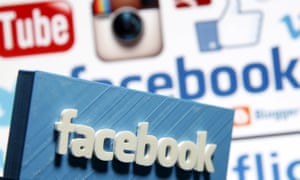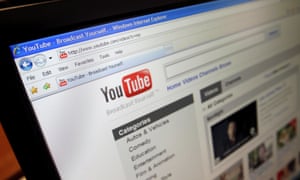1) WWW- Clearly expressed, attempting to incorporate Marxism/Pluralism.
EBI - Focus on the question and answer it. Especially Section A.
2) I did not achieve my target grade for A2 Media as I was two marks below. I my opinion, I needed at least another 10 more marks for both Section A and B to achieve a solid Grade C and almost achieving a Grade B.
3) In question one the points which I had made that were also shown on the mark scheme were the following:
- Use of narrative voice over.
- Use of interviews involving residents in New Era estate.
In question two the points which I had made that were also shown on the mark scheme were the following:
- Repetition of values, meaning that dissenting voices don't often get heard.
- Moderation of feedback by media producers.
In question three the points which I had made that were also shown on the mark scheme were the following:
- Role of the media in our everyday lives.
4) My strongest question in Section A was the first question as I had gained a mark of 5 out of 8. I believe that this was stronger than the other two as I believed that I had answered the question to the level that I was required too but the only thing which I believe that I had lacked in this question was the fact that I didn't use that many examples to back my point. If I did, I believe that I could've gained at least another 2 more marks.
5) My weakest question in Section A was the third question as I had only got a 2 within this question. The reason why I believe that I had gained this mark is because of the fact that I had misinterpreted the question and therefore my answer didn't make any sense to what the question was asking me to do. I believe that this is something which I do very commonly and just need to do more practice on similar questions in order to get it right for the real exam coming up in June.
6) The following shows how many broad areas, suggested by AQA, I answered within my answer of Section B and did so successfully:
- Historical role of media producers.
- Changing demands of audiences.
- Different situations in different mediums and on different platforms.
7)
Q1) In my opinion, I believe that this was the most strongest question that I answered in the whole exam. This was mainly due to the fact that I was enable to talk about many different situations and had mentioned things which were also listed within the mark scheme. Furthermore, I believe that I also showed a good understanding of media concepts.
Q2) I think that I gave some really good examples about this question, for example the Michael Jordan motivational speech but overall, I didn't include that many examples and didn't answer the question properly.
Q3) Considering I had only scored 2 out of 12 within this question, this was the weakest. In my opinion, I did not answer the question well at all and didn't give any good examples with this question. Even though I did give some examples, they didn't link well with the question,
Q6) At first I believe that I had answered the question very well, for example I talked about Marxist and Pluralist but slowly I didn't talk about that many examples and didn't include many theories and therefore, this is why I believe that I had dropped the marks which I did. Therefore, the thing which I could have done differently is that I could write quicker and try to add different examples even if they didn't make a great link to the question or any other texts that I had mentioned previously.
8) Media Product One was all about motivating others and how they can make themselves better. At the beginning, the main protagonist was shown to be very stressed as he didn't have much. However, in the end, it showed that he was happy. This is linked to Blumer and Katz, uses and gratification on how this specific text is shown as a personal identity. Some audience may see themselves within the text and this could be a good motivational tip on how that audience member can get back up onto their feet and be successful. A similar text related to this is the Michael Jordan motivational speech where he would talk about his failure speech where he would talk about his failure and success. This is another example of personal identity and how failure bought success. Therefore, these two texts are good examples to encourage the audience and make them perform better.
On the other hand, in media product two, there were scenes where the main broadcaster would film himself. This tells the audience that even though they may not be professional, they can still be able to make a video and publish it online and could spread the world across. Especially with the female gender, they may believe that their word in particular may not get across but in the video, we saw three female speakers talking about the issues and no one else. Therefore, the fact we saw female speakers would encourage the female audience as they would get a sight of confidence for their gender.
Furthermore, another example of encouragement is the Tag London campaign which was run by Ill Manors (the movie) with the use of its anti-establishment ideology. The Tag London campaign was were youths had the opportunity to tweet things on social media about how they felt about the government etc. The fact that these people from the general public were allowed to do this and had the opportunity to meet new people and get their word across, allows others to do the same and would encourage others to do the same. This is all done via social media.


